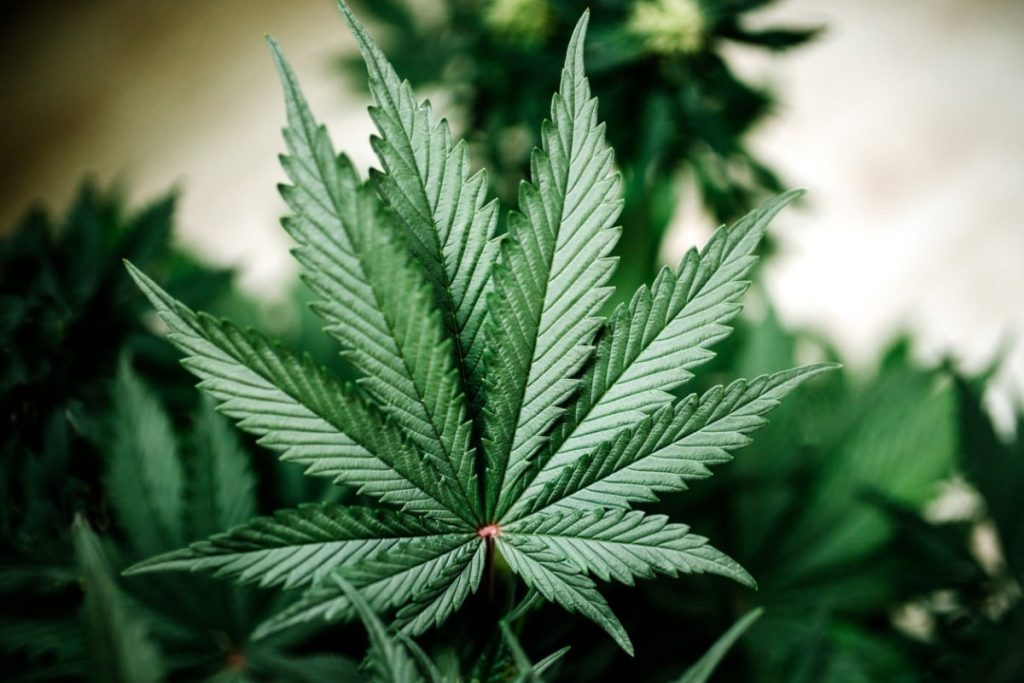Blog
Cannabis and Asthma: Understanding the Risks and Benefits
While there is no cure for asthma, there are various treatment options available to manage the symptoms, including medications, inhalers, and lifestyle changes. Recently, cannabis has emerged as a potential treatment option for asthma. However, there is still much debate over its effectiveness and safety. In this article, we’ll take a closer look at the risks and benefits of using cannabis for asthma.
Understanding Asthma


Asthma is a chronic respiratory condition that affects millions of people worldwide. It is caused by inflammation and narrowing of the airways, making it challenging to breathe. The symptoms of asthma can vary from person to person and may include coughing, wheezing, chest tightness, and shortness of breath. The condition is usually triggered by exposure to certain environmental factors such as allergens, irritants, and respiratory infections. Although there is no known cure for asthma, it can be managed with the help of medication, lifestyle changes, and avoiding triggers. With the increasing popularity of cannabis as a potential treatment option for various medical conditions, many people with asthma wonder if it can help alleviate their symptoms. However, it’s essential to understand the risks and benefits before considering cannabis as a treatment option for asthma.
What is Cannabis?


Cannabis, also known as marijuana or weed, is a plant that has been used for various purposes throughout history. It contains over 100 different compounds, known as cannabinoids, which interact with the body’s endocannabinoid system to produce various effects. The two most well-known cannabinoids are tetrahydrocannabinol (THC) and cannabidiol (CBD). THC is the primary psychoactive compound in cannabis, which means it can alter the user’s mood and perception, leading to feelings of euphoria, relaxation, or heightened sensory perception. CBD, on the other hand, has been shown to have potential therapeutic benefits and does not produce the same psychoactive effects as THC. It is important to note that the use of cannabis for medicinal purposes should be approached with caution and under the guidance of a medical professional.
How Cannabis Can Help with Asthma
While there is no cure for asthma, some research has suggested that cannabis may be able to help manage the symptoms. The bronchodilatory effects of THC can help open up the airways, making it easier to breathe. In addition, CBD has been shown to have anti-inflammatory properties, which may help reduce the inflammation in the airways that causes asthma symptoms. Some individuals have found relief from asthma symptoms by using cannabis products like inhalers or tinctures. However, it’s important to note that smoking cannabis can be harmful to individuals with asthma and can potentially trigger an asthma attack. It’s always best to consult with a healthcare professional before using cannabis as a treatment for asthma to ensure that it is safe and effective for you.
The Risks of Using Cannabis for Asthma
While there are potential benefits to using cannabis for asthma, it’s crucial to be aware of the potential risks as well. One of the most significant risks associated with cannabis use for asthma is the potential for lung irritation. Smoke from cannabis can be irritating to the lungs, especially if mixed with tobacco, and may cause coughing, wheezing, and shortness of breath in some individuals. Long-term cannabis use, particularly through smoking, may also lead to lung damage and increase the risk of respiratory infections. Additionally, there may be interactions between cannabis and other medications used to manage asthma, so it’s important to consult with a medical professional before using cannabis for this purpose.
Alternative Methods of Using Cannabis for Asthma
For individuals who are concerned about the potential risks of smoking cannabis for asthma, there are alternative methods of consumption that may be less harmful. Vaporizing cannabis is one option that can be considered, as it heats the cannabis without burning it, reducing the risk of lung irritation. Edibles and tinctures are also options for those who don’t want to inhale cannabis smoke. Edibles are food products infused with cannabis extract, while tinctures are liquid solutions that can be taken orally. However, it’s important to note that these methods of consumption can have different effects and onset times compared to smoking, and dosing can be more challenging. It’s crucial to start with a low dosage and work up slowly, as edibles and tinctures can have delayed onset and prolonged effects that can last several hours. Consulting with a medical professional or a knowledgeable cannabis professional can also help ensure the safe and effective use of alternative methods of cannabis consumption.
The Importance of Consulting with a Medical Professional


Consulting with a medical professional is crucial when considering using cannabis to manage asthma symptoms. A doctor can evaluate your medical history, current medications, and overall health to determine if cannabis is a safe and effective treatment option for you. They can also help you determine the correct dosage and method of consumption, as well as monitor any potential side effects or interactions with other medications. Additionally, a doctor can help you identify any underlying conditions that may be contributing to your asthma symptoms and provide guidance on how to manage them effectively. It’s important to remember that while cannabis may offer relief for some asthma symptoms, it should not be considered a replacement for traditional asthma medications or treatment plans. Always follow your doctor’s recommendations and continue to monitor your asthma symptoms closely.
The Future of Cannabis and Asthma Research
As cannabis gains more recognition for its potential medicinal benefits, the future of cannabis and asthma research is promising. Researchers are beginning to explore the potential benefits of cannabis for asthma and other respiratory conditions, and there is hope that this research will lead to new treatments for patients. As cannabis becomes more widely accepted and legalized, it will be easier for researchers to study its effects on asthma and other conditions. However, more research is needed to fully understand the effects of cannabis on the respiratory system, and patients need to consult with their healthcare provider before using cannabis as a treatment for asthma. As the field of cannabis research continues to expand, we can expect to learn more about the potential benefits of cannabis for asthma and other respiratory conditions.
Conclusion on Cannabis and Asthma
While cannabis may have potential benefits for asthma, it’s essential to weigh the risks and benefits before using it as a treatment option. Smoking cannabis can be harmful to the lungs and may exacerbate asthma symptoms, but alternative methods of consumption may be less harmful. As with any medical treatment, it’s crucial to consult with a medical professional before using cannabis to manage your asthma symptoms. With further research, we may gain a better understanding of how cannabis can be used to treat asthma and other respiratory conditions.


